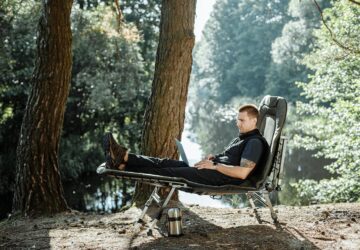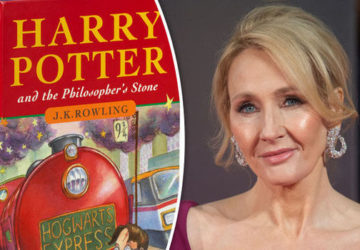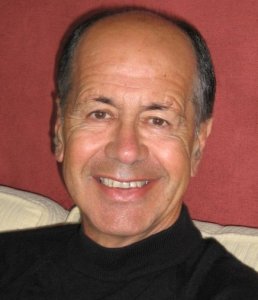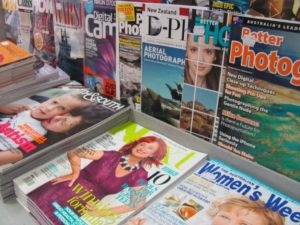Q & A with Paul Smith
PAUL SMITH is a veteran journalist, author of six best-selling nonfiction books, and a former media commentator. Paul was New Zealand correspondent for the London Standard for 20 years, and the Sydney Morning Herald’s correspondent for five, as well as senior reporter for the New Zealand Herald, Dominion and the New Zealand Times. As a freelancer his stories have appeared in magazines ranging from the Readers’ Digest to the Guardian and Asian Wall Street Journal.
Paul is a winner of the Sir David Beattie Award for best news reporter in the print media, and a runner up in the 2002 Peace Awards. A past President of the New Zealand Society of Authors (PEN), Paul has taught freelance and non-fiction writing at Auckland University’s summer schools for 18 years.
He joined the team at NZ Writers’ College as a tutor in Magazine Journalism in February 2010. Paul lives in Auckland City.
Q. How did you become a writer? Tell us a bit about your development as a writer.
I was a wannabe back in Primary school and it became my passion as I went through school. Soon after I left Grammar I became a cadet reporter (copy boy) at the now defunct Auckland Star evening newspaper and then took off for the big OE. I wanted as much experience in media as I could get so ended up writing for everything from trades, radio, magazines to overseas papers.
I then became the NZ correspondent for papers like the London Standard and the Sydney Morning Herald. When I became a freelancer, I specialised in one area – media and began the first Media Watch column in the National Business Review. I was lucky – book commissions came my way and I found myself writing non-fiction books for a range of publishers, and then teaching summer school for non-fiction at Auckland University.
If there’s any strand running through all this I guess it’s that I followed my nose despite naysayers, discovered new stuff and did what I was most passionate about.
Q: What has been your greatest writing achievement?
Umm… golly gosh and shucks territory. All I can say is that the book I’m most proud of is the one which sold the fewest copies. It’s Revolution in the Air! an examination of broadcasting de-regulation and what it meant for us as Kiwis. The publisher hated it, but it had great critical reviews, is in the Library of Congress and the London Public Library system.
In another, less tangible sense, the best achievement is to find one’s voice.
Q. How do you decide what to write about? Where do you get ideas?
These days I write mostly for my website aimed at baby-boomers so the readership is as ancient as me! I find ideas by the simply listening, watching and keeping my mind open to possibilities I can match up for stories. There’s so much material out there that is still not being covered properly and follow-up angles are everywhere.
Q. How easy is it to make a living as a writer?
Not that easy. I was lucky to work before digital. With a range of commissions here and overseas and with sufficient volume, I think freelancing can provide a living – but it’s much harder these days. When I began writing about media, colleagues said that was too narrow a subject to feed me. Look at the industry now. Choose a niche that you are passionate about and will sustain you.
Q. What general advice would you give aspirant writers/journalists just starting out?
Build as broad a base of experience as you possibly can across the various types of journalism. Some jobs are the pits but they still represent experience of sorts. Keep in mind that subject area you’ve always wanted to write about and when it’s time, move into it – but without dropping the generalism which will continue to top up your earnings from your niche.
Q: What do you consider to be the most important writing tip you ever received?
A couple of old hands gave me simple, great advice. One thing was: “Be yourself. Find your voice.”“Dead fish float with the tide.”So swim against it.” (from the late Malcolm Muggeridge).“Choose from three priorities: remuneration, security, satisfaction.” I always chose satisfaction because it led to remuneration and a degree of security in an un-secure world.
Q: When you mark your students’ work, what are key qualities you look for in their work?
Originality of ideas, structure and copy flow. The first shows imagination and the rest involves application and thought.
PAUL SMITH tutors the Magazine Journalism Course at NZ Writers’ College.














